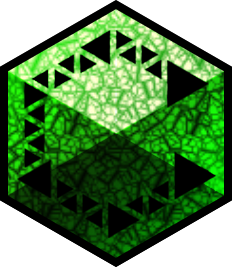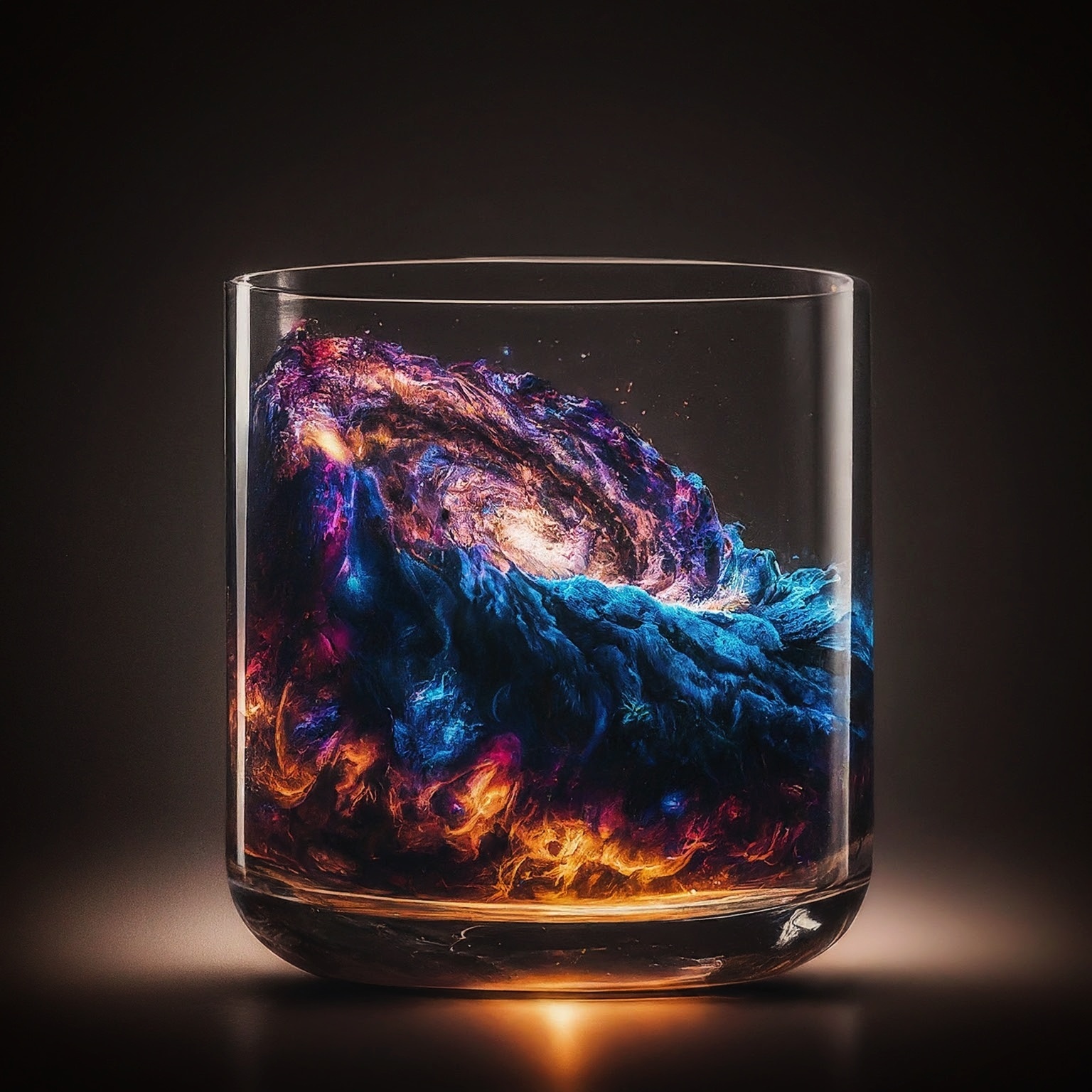cross-posted from: https://hexbear.net/post/3613920
Get fuuuuuuuuuuuuuucked
“This isn’t going to stop,” Allen told the New York Times. “Art is dead, dude. It’s over. A.I. won. Humans lost.”
“But I still want to get paid for it.”
It’s not “famous” that should be in inverted commas, but “artist”.
Actually I’d argue you could put quotation marks on every word in the first half of the headline.
We call those quotation marks.
But yes.
Who is we? The global pedant society?
The English language? I have never heard the phrase “inverted commas.”
But as to your point: “Both? Both is good.”
From the national broadcaster of England
Ah, the usual case of English and American being two entirely different languages despite pretending otherwise.
Ok so I apologise for my earlier snarky reaction but I felt zahille7’s response was somewhat condescending. Particularly since it is terminology recognised by three major English dictionaries, one of which is widely regarded as the leading authority on the English language… https://www.oed.com/dictionary/inverted-comma_n?tl=true https://www.collinsdictionary.com/dictionary/english/inverted-commas https://dictionary.cambridge.org/dictionary/english/inverted-commas
… So just because you have never heard of something, doesn’t give you licence to be rude to someone or talk down to them as if they are stupid for their choice of phrasing. Or maybe it just means you aren’t British…
Nailed it on the last one. I was going to say, you can probably thank the American education system if it’s common enough to be recognized by dictionaries like those. And Zahille7 is probably American, too, which caused the snarky comment in the first place.
Just the usual case of English being a crazy language that ruffles through other languages’ coat pockets looking for loose adverbs.
Aren’t inverted commas also a phrase for that? Or is that the joke.
Yeah. It’s from the old printing press times when they used the same pieces of type for commas and quote marks, just rotated 360 degrees.
Rotated 180 degrees.
Ah, yes
In 2021 I made a sound installation project called "Opéra Spatial " and entered a bunch of public prompt in mid-jouney via discord to generate images for the work. This guy made his image on year later.
ChatGPT, show me the world’s tiniest violin playing “No One Gives a Fuck” in A minor.
I wish that was true for minors 😔
One of the very firest things I looked into when I learned about midjourney was look into the copyright matters pertaining to Ai generated art. Saw that it’s not really copyrightable, and then started using the search feature on their discord to find prompts by others for the junk I wanted.
They forgot to put “Artist” in quotes too
deleted by creator
You’re not wrong, but he also might not be either :)
I love how they quoted “famous”
What a fuckin tool, for real
I said this when it was posted elsewhere- how is he calculating those millions of dollars?
RIAA and MPAA anti-piracy strategy, aka, made up bullshit.
It’s easy. He chose an arbitrary number that was very big but just shy of 99% unrealistic, according to his own flawed judgement.
Probably the same way companies tried to sue The Pirate Bay because the bay had lost them more money than existed in the world economy.

Get a real job
deleted by creator
Not the Onion. This was unexpected…
Lol.
😭
This article is annoyingly one-sided. The tool performs an act of synthesis just like an art student looking at a bunch of art might. Sure, like an art student, it could copy someone’s style or even an exact image if asked (though those asking may be better served by torrent sites). But that’s not how most people use these tools. People create novel things with these tools and should be protected under the law.
So what you’re saying is that the AI is the artist, not the prompter. The AI is performing the labor of creating the work, at the request of the prompter, like the hypothetical art student you mentioned did, and the prompter is not the creator any more than I would be if I kindly asked an art student to paint me a picture.
In which case, the AI is the thing that gets the authorial credit, not the prompter. And since AI is not a person, anything it authors cannot be subjected to copyright, just like when that monkey took a selfie.
It should be as copyrightable as the prompt. If the prompt is something super generic, then there’s no real work done by the human. If the prompt is as long and unique as other copyrightable writing (which includes short works like poems) then why shouldn’t it be copyrightable?
If the prompt is as long and unique as other copyrightable writing (which includes short works like poems) then why shouldn’t it be copyrightable?
Okay, so the prompt can be that. But we’re talking about the output, no? My hello-world source code is copyrighted, but the output “hello world” on your machine isn’t really, no?
Does it require any creative thought for the user to get it to write “hello world”? No. Literally everyone launching the app gets that output, so obviously they didn’t create it.
A better example would be a text editor. I can write a poem in Notepad, but nobody would claim that “Notepad wrote the poem”.
It’s wild to me how much people anthropomorphize AI while simultaneously trying to delegitimize it.
Because it wasn’t created by a human being.
If I ask an artist to create a work, the artist owns authorship of that work, no matter how long I spent discussing the particulars of the work with them. Hours? Days? Months? Doesn’t matter. They may choose to share or reassign some or all of the rights that go with that, but initial authorship resides with them. Why should that change if that discussion is happening not with an artist, but with an AI?
The only change is that, not being a human being, an AI cannot hold copyright. Which means a work created by an AI is not copyrightable. The prompter owns the prompt, not the final result.
You’re assigning agency to the program, which seems wrong to me. I think of AI like an advanced Photoshop filter, not like a rudimentary person. It’s an artistic tool that artists can use to create art. It does not in and of itself create art any more than Photoshop creates graphics or a synthesizer creates music.
How do the actions of the prompter differ from the actions of someone who commissions an artist to create a work of art?
should a camera also own the copyright to the pictures it takes? (I seriously hate photographers)
Ah, but there is a fundamental difference there. A photographer takes a picture, they do not tell the camera to take a picture for them.
It is the difference between speech and action.
It’s deterministic. I can exactly duplicate your “art” by typing in the same sentence. You’re not creative, you’re just playing with toys.
That’s actually fundamentally untrue, like independent of your opinion, I promise that when people generate an image with a phrase it will be different and is not deterministic ( not in the way you mean ) .
You and I cannot type the same prompt into the same AI generative model and receive the same result, no system works with that level of specificity, by design.
They pretty much all use some form of entropy / noise.
This can actually be true, depending on how the system is configured.
For instance, if you and someone else use the same locally-hosted Stable Diffusion UI, both put the exact same prompt, and are using the same seed, # of steps, and dimensions, you’ll get an identical result.
The only reason outputs are different between prompts is because of the noise from the seed, normally randomly set between generations, which can be easily set to the same value as someone else’s generation, and will yield an identical result unless the prompt is changed.
It’s literally as true as it can possibly be. Given the same inputs (including the same seed), a diffusion model will produce exactly the same output every time. It’s deterministic in the most fundamental meaning of the word. That’s why when you share an image on CivitAI people like it when you share your input parameters, so they can duplicate the image. I have recreated the exact same images using models from there.
Humans are not deterministic (at least as far as we know). If I give two people exactly the same prompt, and exactly the same “training data” (show them the same references, I guess), they will never produce the same output. Even if I give the same person the same prompt, they won’t be able to reproduce the same image again.
I do actually believe that everything, including human behavior is deterministic. I also believe there is nothing special about human consciousness or creation tbh
Try it out and show us the result.
Ok, here’s an image I generated with a random seed:
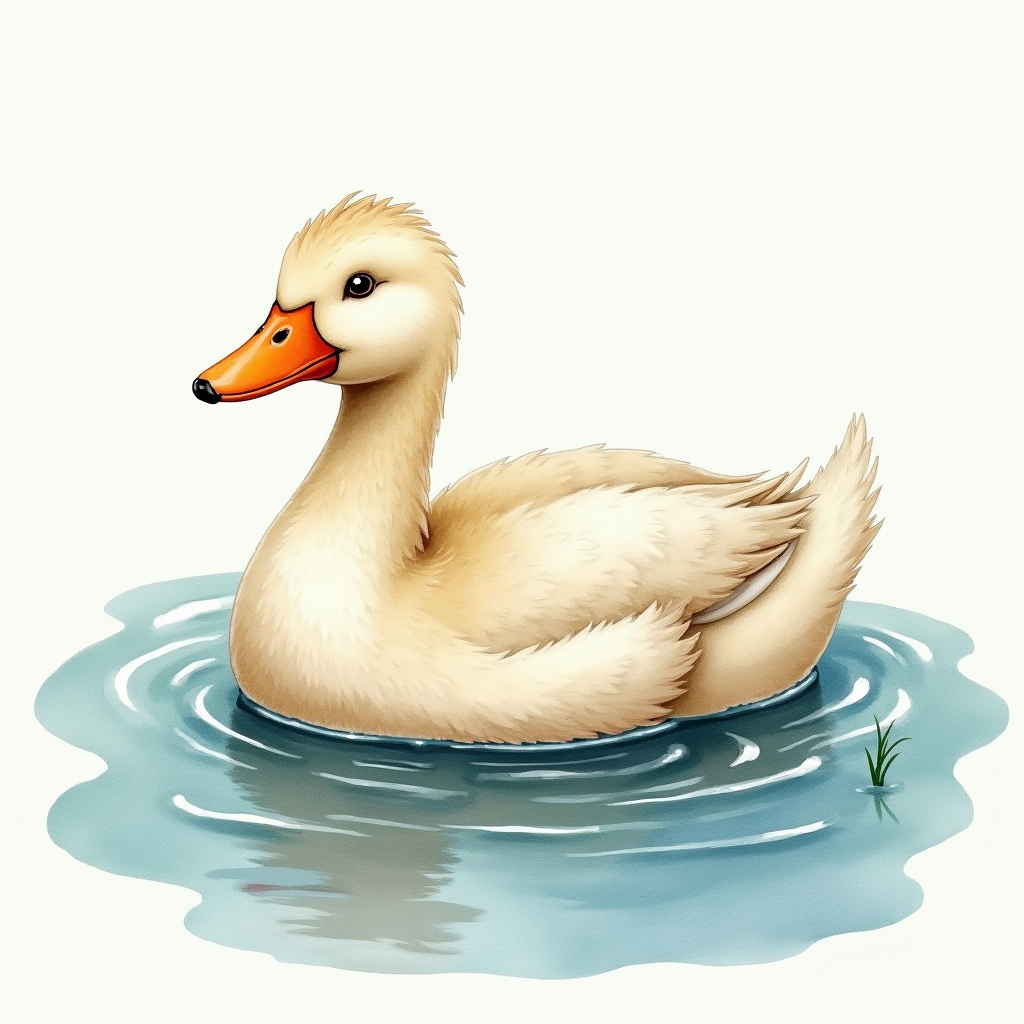
Here’s the UI showing it as a result:
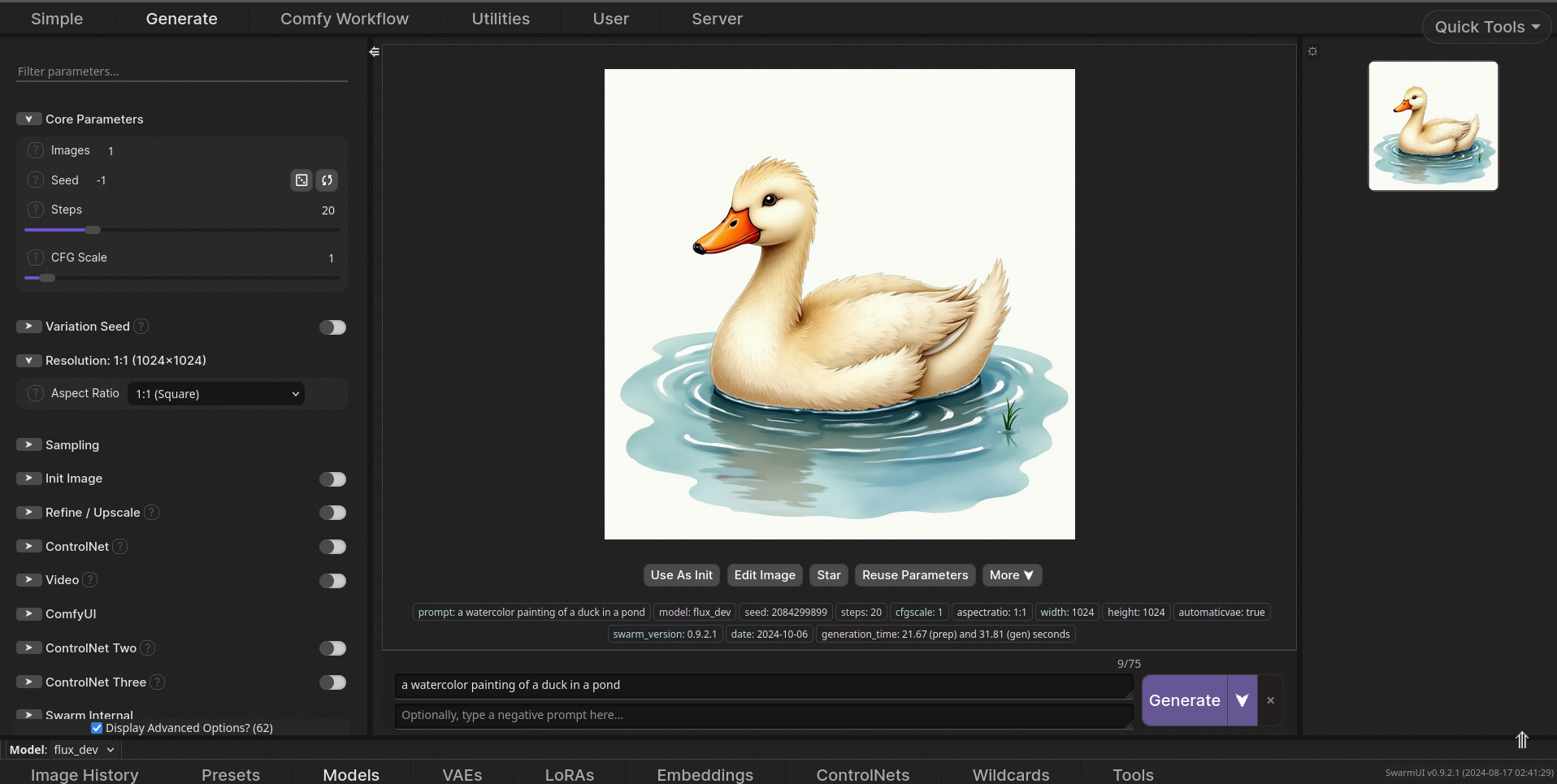
Then I reused the exact same input parameters. Here you can see it in the middle of generating the image:
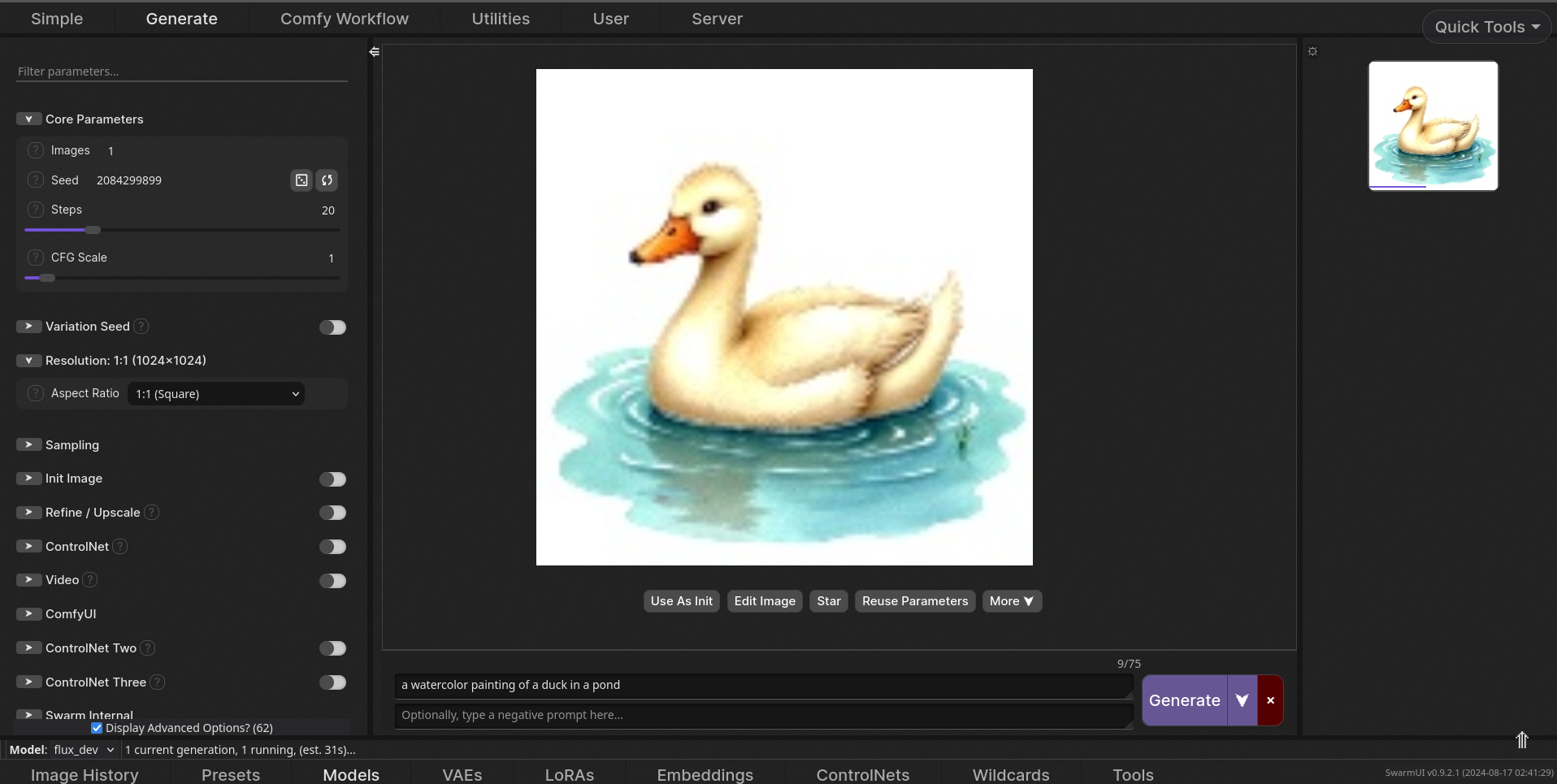
Then it finished, and you can see it generated the exact same image:
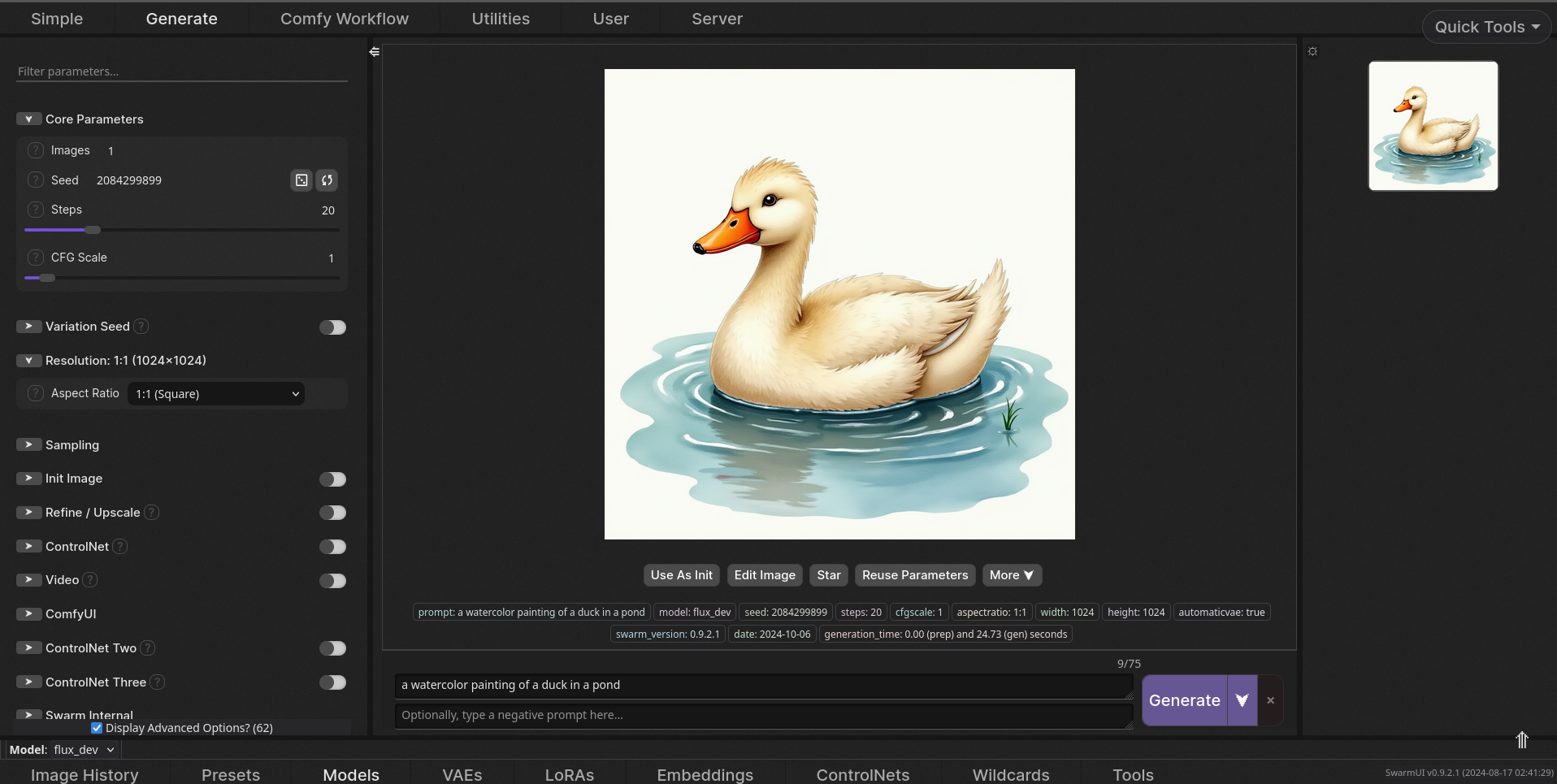
Here’s the second image, so you can see for yourself compared to the first:
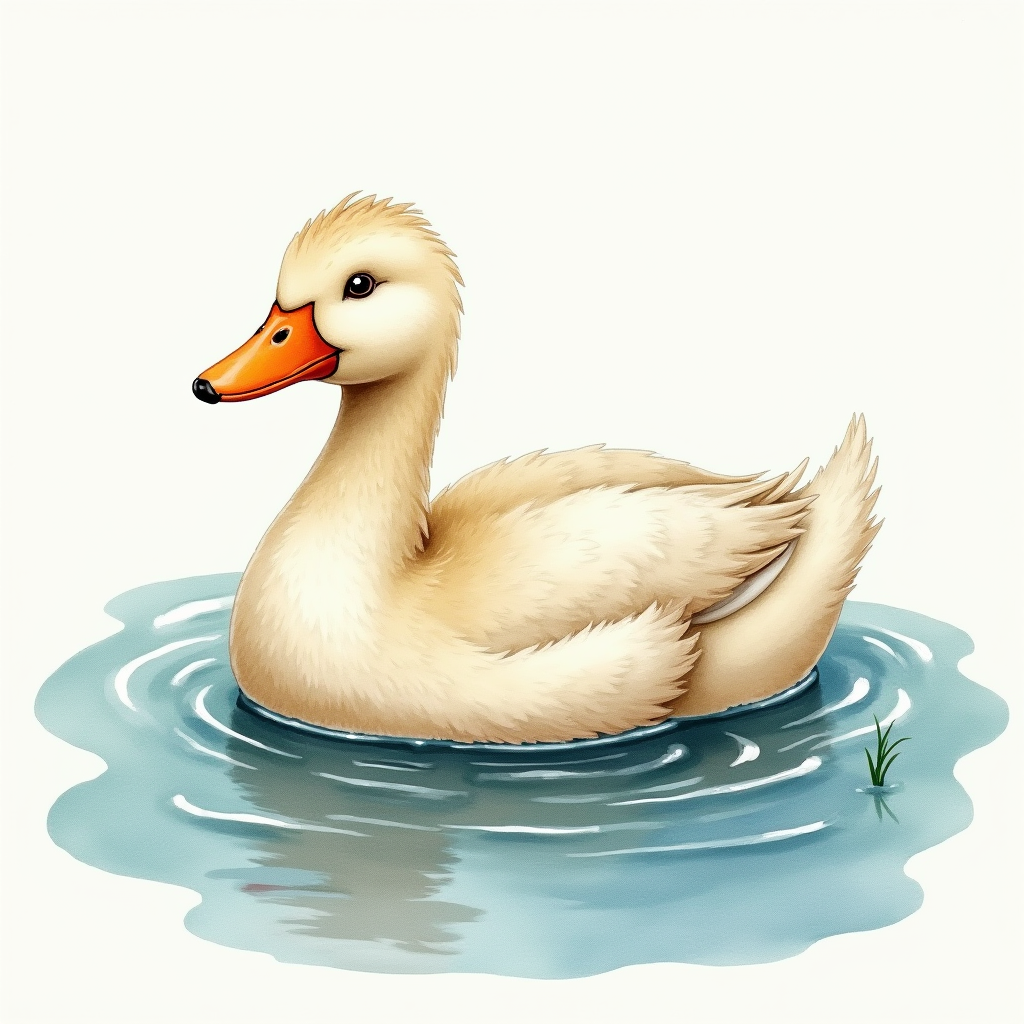
You can download Flux Dev, the model I used for this image, and input the exact same parameters yourself, and you’ll get the same image.
But you’re using the same seed. Isn’t the default behaviour to use random seed?
And obviously, you’re using the same model for each of these, while these people would probably have a custom trained model that they use which you have no access to.
That’s not really proof that you can replicate their art by typing the same sentence like you claimed.
If you didn’t understand that I clearly meant with the same model and seed from the context of talking about it being deterministic, that’s a you problem.
Bro, it’s you who said type the same sentence. Why are you saying the wrong things and then try to change your claims later?
The problem is that you couldn’t be bothered to try and say the correct thing, and then have the gall to blame other people for your own mistake.
And in what kind of context does using the same seed even makes sense? Do people determine the seed first before creating their prompt? This is a genuine question, btw. I’ve always thought that people generally use a random seed when generating an image until they find one they like, then use that seed to modify the prompt to fine tune it.
In the context that I’m explaining that the thing is deterministic. Do you disagree? Because that was my point. Diffusion models are deterministic.
The tool performs an act of synthesis just like an art student looking at a bunch of art might.
Lol, no. A student still incorporates their own personality in their work. Art by humans always communicates something. LLMs can’t communicate.
People create novel things with these tools and should be protected under the law.
I thought it’s “the tool” the “performs an act of synthesis”. Do people create things, or the LLM?
the machine learning model creates the picture, and does have a “style”, the “style” has been at least partially removed from most commercial models but still exist.
It doesn’t have a “style”. It stores a statistical correlation of art styles.
different models will have been trained on different ratios of art styles, one may have been trained on a large number of oil paintings and another pencil sketches, these models would provide different outputs to the same inputs.
No no, he created the prompt. That’s the artistic value /s
He cannot copyright it because he didn’t make it. He wrote a couple of words into a text box. It’s no different from commissioning an artist to draw for you, except in this scenario it is analogous to the artist turning out to be someone who traces other people’s art without their consent, and claiming you made the picture.







